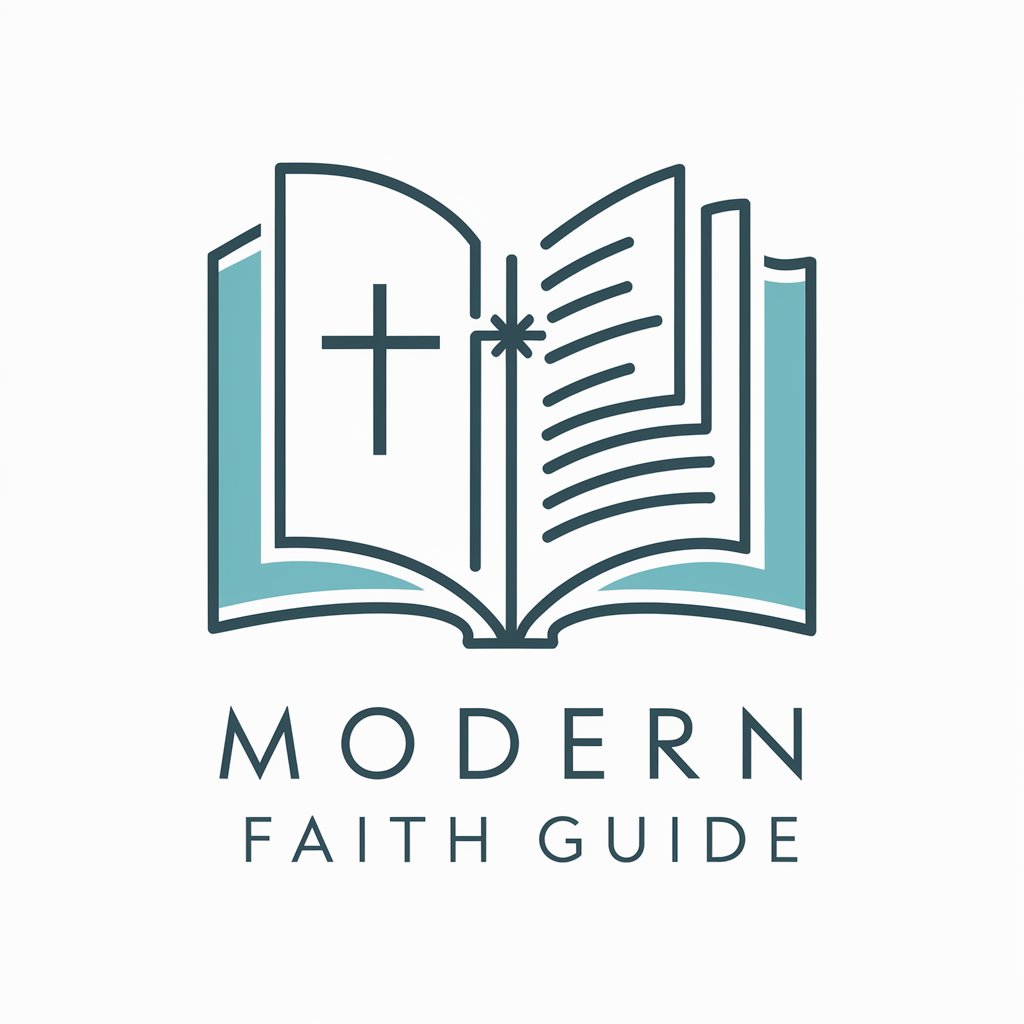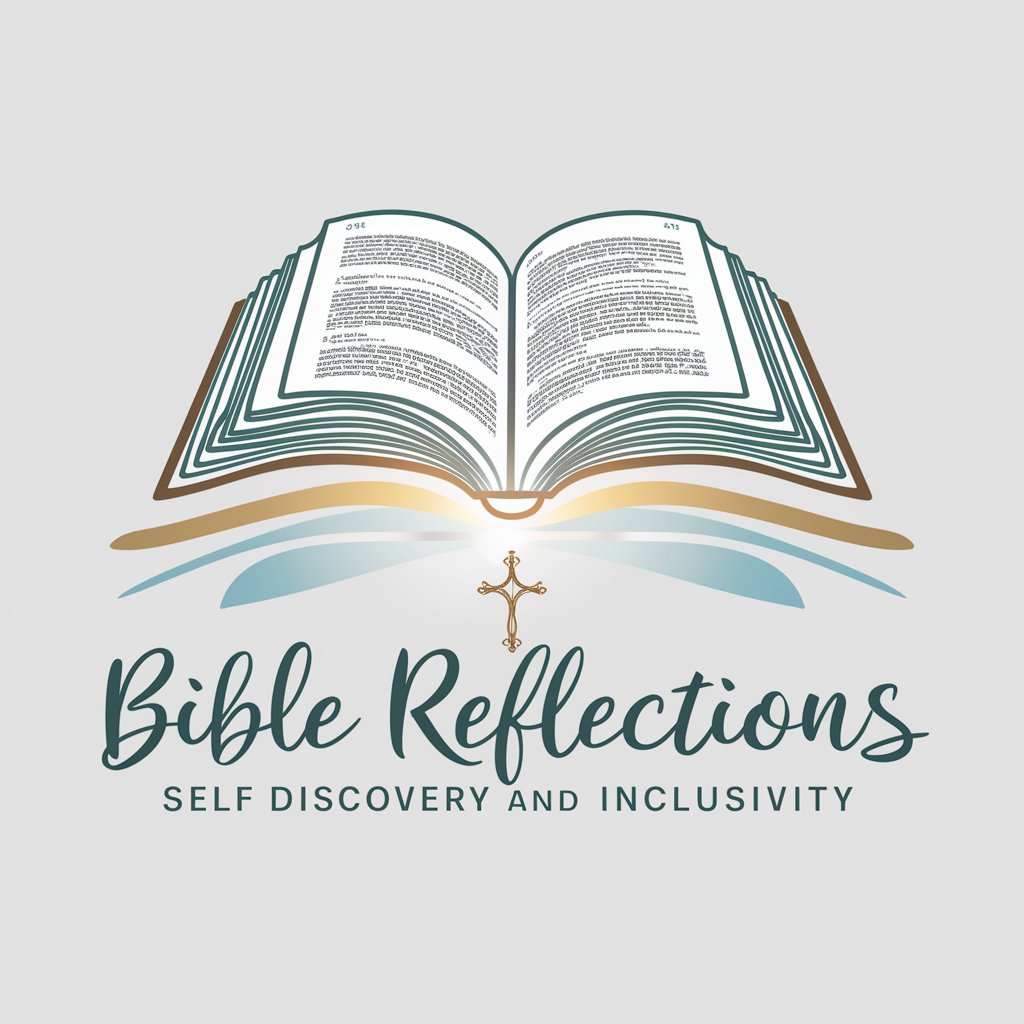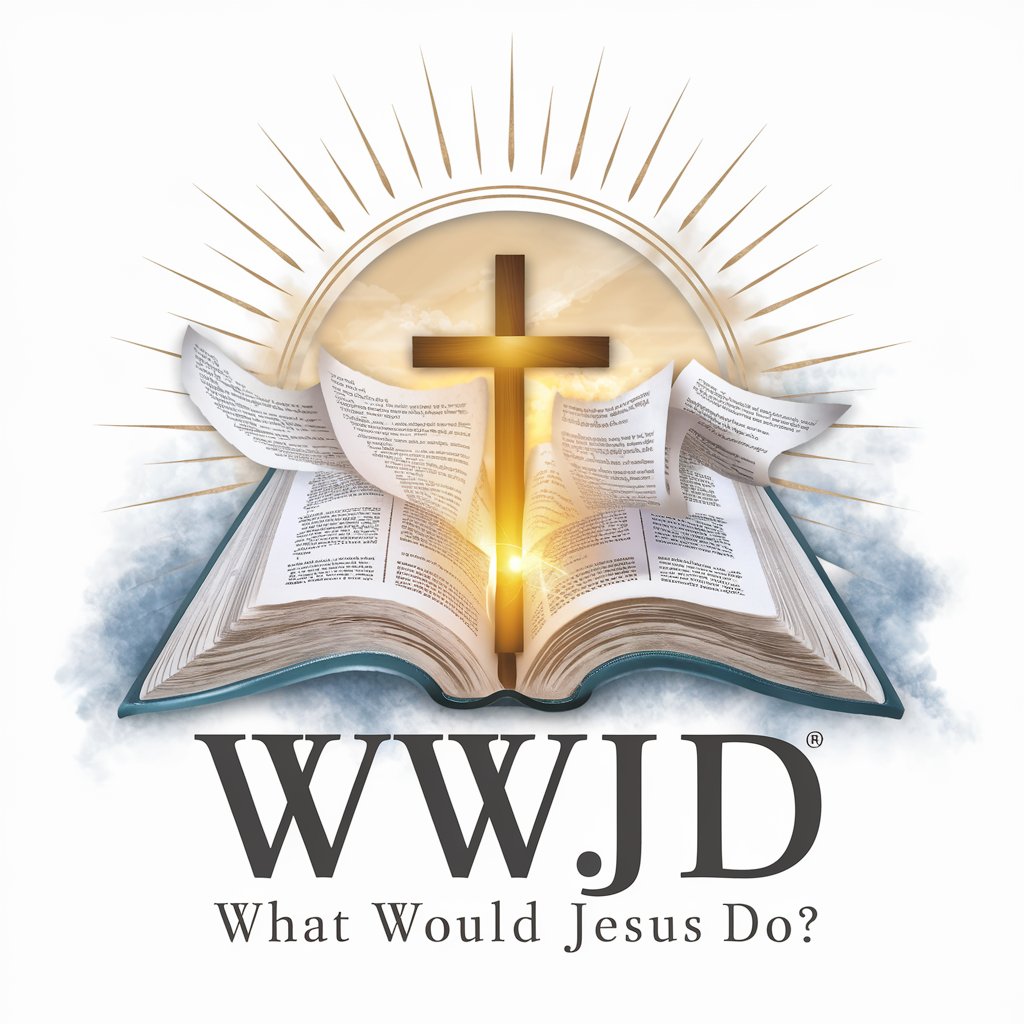10 GPTs for Faith Questions Powered by AI for Free of 2026
AI GPTs for Faith Questions are advanced artificial intelligence tools designed to handle inquiries and tasks related to faith, spirituality, and religion. These tools, built on the Generative Pre-trained Transformer (GPT) architecture, are tailored to provide responses, guidance, and information that align with the spiritual and ethical considerations of various faiths. Their significance lies in their ability to offer personalized, context-aware insights into faith-related queries, making them a valuable asset for individuals seeking spiritual guidance or religious knowledge.
Top 10 GPTs for Faith Questions are: Father Enoch's Catholic Counsel and Homilies,Modern Faith Guide,Digital Jesus,Father Matthew,Jungwoo's Christian Answer,Bible Reflections,Guiding Light,Your Christian Buddy,WWJD - What Would Jesus Do?,Biblical Counselor
Father Enoch's Catholic Counsel and Homilies
AI-powered Catholic spiritual advisor

Modern Faith Guide
Navigating faith with AI-powered scripture insights

Digital Jesus
Guidance Inspired by the Teachings of Jesus Christ

Father Matthew
Spiritual guidance at your fingertips.

Jungwoo's Christian Answer
Navigating faith with AI-powered guidance

Bible Reflections
Connecting Scripture with Your Journey, AI-powered

Guiding Light
Illuminate Your Faith Journey

Your Christian Buddy
Empowering faith through AI-powered guidance.

WWJD - What Would Jesus Do?
Guidance inspired by the teachings of Jesus

Biblical Counselor
Empowering wisdom through AI and Scripture

Key Attributes and Functions
These AI tools boast several unique features, including the ability to understand and interpret religious texts, provide explanations of faith-based practices, and offer spiritual guidance. They can adapt to different levels of complexity, catering to both simple queries and more in-depth theological discussions. Special features may include language learning for scriptural texts, technical support for faith-based community management, web searching for religious content, image creation for educational purposes, and data analysis for understanding religious trends.
Who Benefits from Faith-Centric AI Tools
The primary beneficiaries include religious scholars, spiritual seekers, educators in religious studies, and developers working on faith-based applications. These tools are designed to be accessible to novices without coding skills, offering straightforward interfaces for everyday inquiries. Simultaneously, they provide advanced customization options for tech-savvy users and professionals, enabling them to tailor the AI's responses and functionalities to specific doctrinal nuances or educational objectives.
Try Our other AI GPTs tools for Free
Scripture Study
Discover AI-powered Scripture Study tools designed to deepen your understanding of sacred texts through personalized insights and interpretations.
Question Solving
Unlock the power of AI for solving complex questions with our AI GPTs tools. Designed for diverse users, from novices to professionals, they provide tailored, accurate answers across domains.
Biological Concepts
Discover how AI GPTs tailored for Biological Concepts are transforming the field, making complex biology more accessible and research more efficient.
Fashion Pairing
Discover how AI GPTs for Fashion Pairing revolutionize style selection with personalized recommendations, trend analysis, and visual outfit pairing, making fashion accessible to all.
Skin Care
Discover personalized skincare solutions with AI GPTs for Skin Care, leveraging advanced AI for tailored advice, product recommendations, and market insights.
Mole Analysis
Discover AI-powered Mole Analysis tools, leveraging GPT technology for accurate, non-invasive skin assessments. Ideal for healthcare professionals and tech enthusiasts.
Expanding Horizons with Faith-Based AI Solutions
GPTs customized for faith questions are pioneering new ways to engage with spirituality and religion. They offer user-friendly interfaces that simplify access to religious information and spiritual guidance. Furthermore, the integration capabilities of these tools with existing platforms can enhance educational programs, community engagement, and personalized spiritual experiences, showcasing the transformative potential of AI in the faith sector.
Frequently Asked Questions
What exactly are AI GPTs for Faith Questions?
They are AI models trained to understand and respond to queries related to faith, spirituality, and religion, providing informed and contextually relevant answers.
Can these AI tools interpret religious texts?
Yes, they can analyze and provide interpretations of religious texts, contextualizing them for modern understanding and application.
Are these tools suitable for people without technical skills?
Absolutely, they are designed with user-friendly interfaces that require no coding knowledge, making them accessible to a wide audience.
How can developers customize these AI tools?
Developers can utilize programming interfaces to adjust the AI's responses, integrate with existing systems, and tailor functionalities to specific faith-based applications.
Do these AI tools support multiple languages?
Yes, many are equipped with language learning capabilities, enabling them to understand and communicate in various languages, including those used in religious texts.
Can AI GPTs for Faith Questions create faith-based content?
Yes, they can generate educational materials, sermon guides, and religious artwork, assisting in content creation for faith communities.
How do these tools ensure respect for all faiths?
They are programmed with sensitivity and respect for diverse religious beliefs and practices, ensuring that responses are inclusive and considerate.
What are the potential applications of AI GPTs in the faith sector?
Applications include virtual spiritual advisors, educational resources, content creation for religious outreach, and analytical tools for studying religious trends.